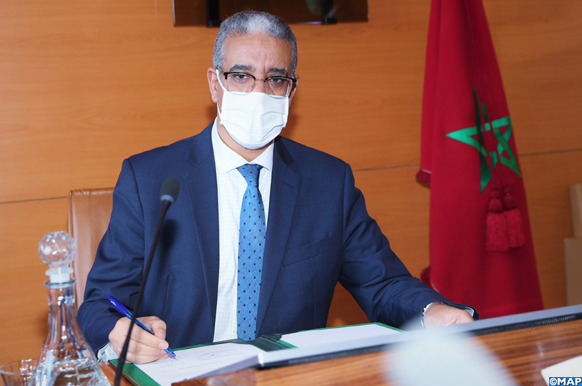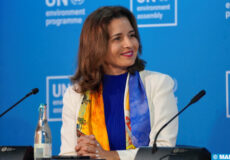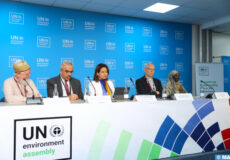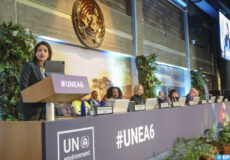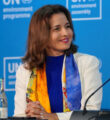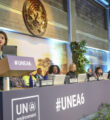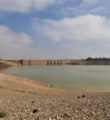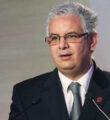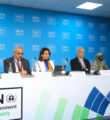COP26 ETC: Morocco Highlights Main Aspects of Energy Transition in Morocco over Next Decade
Rabat – Minister of Energy, Mining and Environment, Aziz Rabbah highlighted, Monday, the main aspects of the energy transition in Morocco over the next decade, during the second ministerial meeting of the Energy Transition Council (ETC of COP 26).
The themes presented by the minister, during this virtual meeting of the ETC, launched by the United Kingdom as part of its presidency of COP26, include electricity, promising clean energy, popularization of renewable energy, energy efficiency, energy conservation and scientific research.
Rabbah mentioned, in this regard, the measures taken by Morocco to generalize electricity, increase the share of renewable energy in the electricity mix and develop the power grid and interconnection with neighboring countries.
Referring to the development of promising clean energy, the government official stressed that Morocco has finalized the stage of implementation of the roadmap (2021-2030) related to hydrogen, biomass and natural gas, indicating that “our country is looking at the development of the roadmap on marine energy and geothermal energy”.
The minister also highlighted the measures taken by Morocco to popularize renewable and clean energy in industrial areas and social services, develop the energy industry and encourage scientific research and innovation in the field of clean energy.
In addition, the minister praised the conclusions of the first energy transition dialogue held in Morocco on March 12, 2021, in coordination with the British Embassy in Rabat and the organization “Sustainable Energy For All – (SEforAll)”, and which constituted a new cornerstone of a process of joint cooperation on the energy transition in Morocco between the actors of the sector, donor countries and international partners, with a view to analyzing in depth the Moroccan energy model and to identifying the main areas of cooperation, the implementation of which requires a technical and financial support.



